Five Easy Quick and Easy Things You Can Do to Keep Your Heart Healthy
 Monday, February 6, 2012 at 11:17AM
Monday, February 6, 2012 at 11:17AM Switch from Full-Fat Dairy Products to Low-Fat Dairy Products.
Dairy is a nutrient-rich food and important for a healthy diet, especially in women, as we need extra calcium and Vitamin D for our bone health. The key is to choose low-fat dairy. Many people think 2% milk is a low-fat choice, but actually it's not-- it is still pretty high in saturated fat. Choose 1% or skim milk instead, which are both heart-healthy choices. For cheeses, choose low-fat versions of your favorite cheeses (notfat-free as they tend to be high in preservatives and aren't as tasty). Don't want to go the low-fat route for cheese? Then just choose softer cheeses, such as goat's cheese or feta which are naturally lower in saturated fat than harder cheeses such as parmesan or cheddar.
Eat More Beans
Beans are one of the most under-used, inexpensive health foods. They are a great source of protein and fiber, as well as other nutrients such as zinc and folate. Studies have shown them to be helpful for heart health in many ways, including lowering blood cholesterol. Incorporate beans into your diet by having a "Meatless Monday" each week. Serve beans over whole grain brown rice, in a whole wheat tortilla with some low-fat cheese or even over a salad!
Get Moving
Exercise is the only sure-fire way to raise your good cholesterol (HDL). Even just moderate amounts of exercise can be one of the best things that you can do for your heart. So find an activity that you will enjoy doing most days of the week.
Have a Tuna Sandwich Twice a Week for Lunch
The omega-three fatty-acids in fish like salmon and tuna help to fight off plaque in the arteries. Canned or vacuum packed salmon and tuna are just as healthy as fresh or frozen and can be an economical way to get your omega-three's. Make sure you get chunk light tuna as opposed to chunk white tuna to avoid a higher mercury content.
Season Without Salt
We eat six times more sodium than we need each day and even if you don't add salt to your food at the table, you may be getting more salt than you realize. Packaged and processed foods, as well as certain seasonings and sauces, tend to be very high in sodium. So season your foods with fresh herbs and spice blends that do not contain salt for heart-healthy flavor.
Adapted from Self Magazine

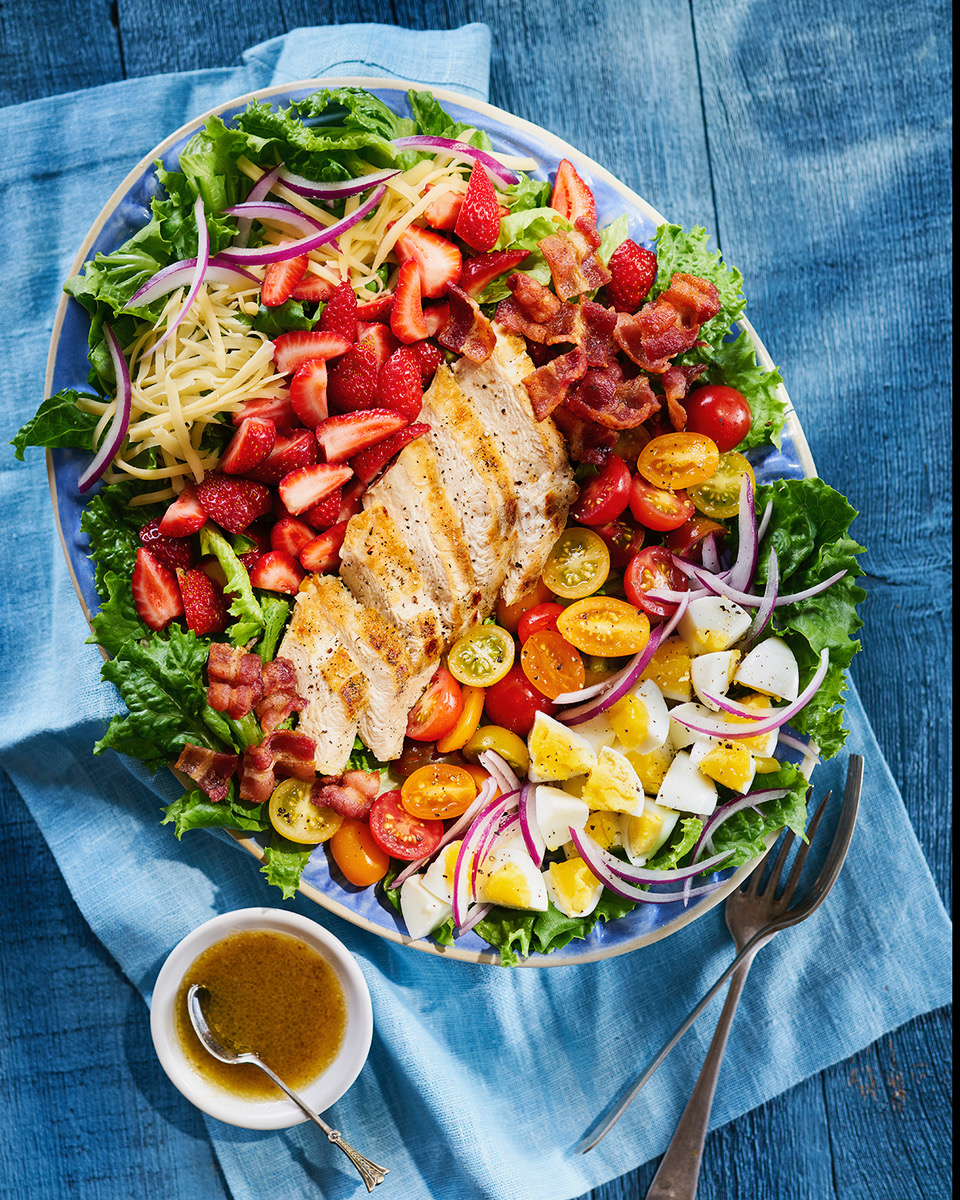
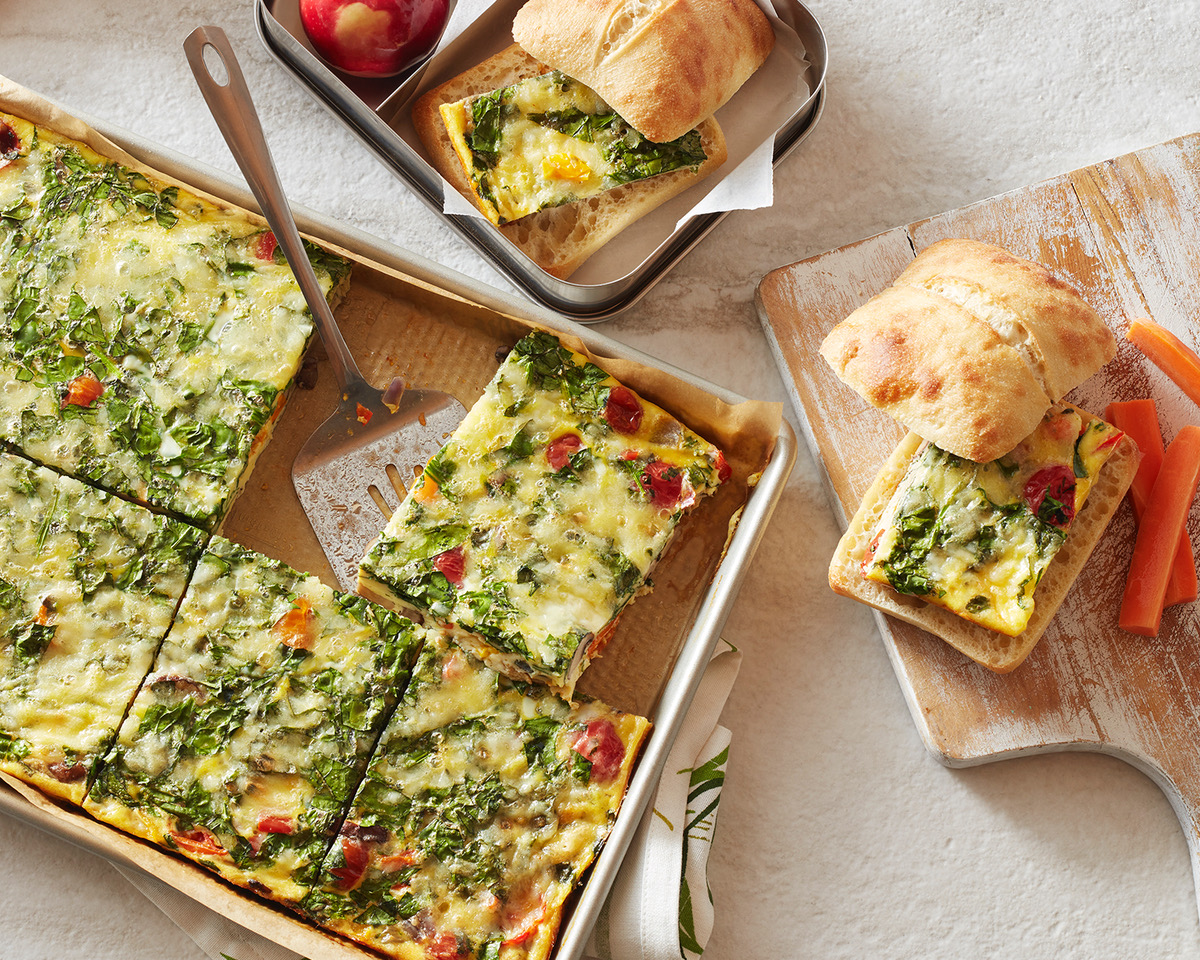
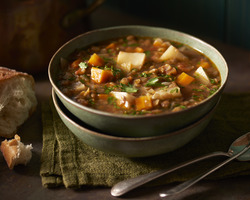
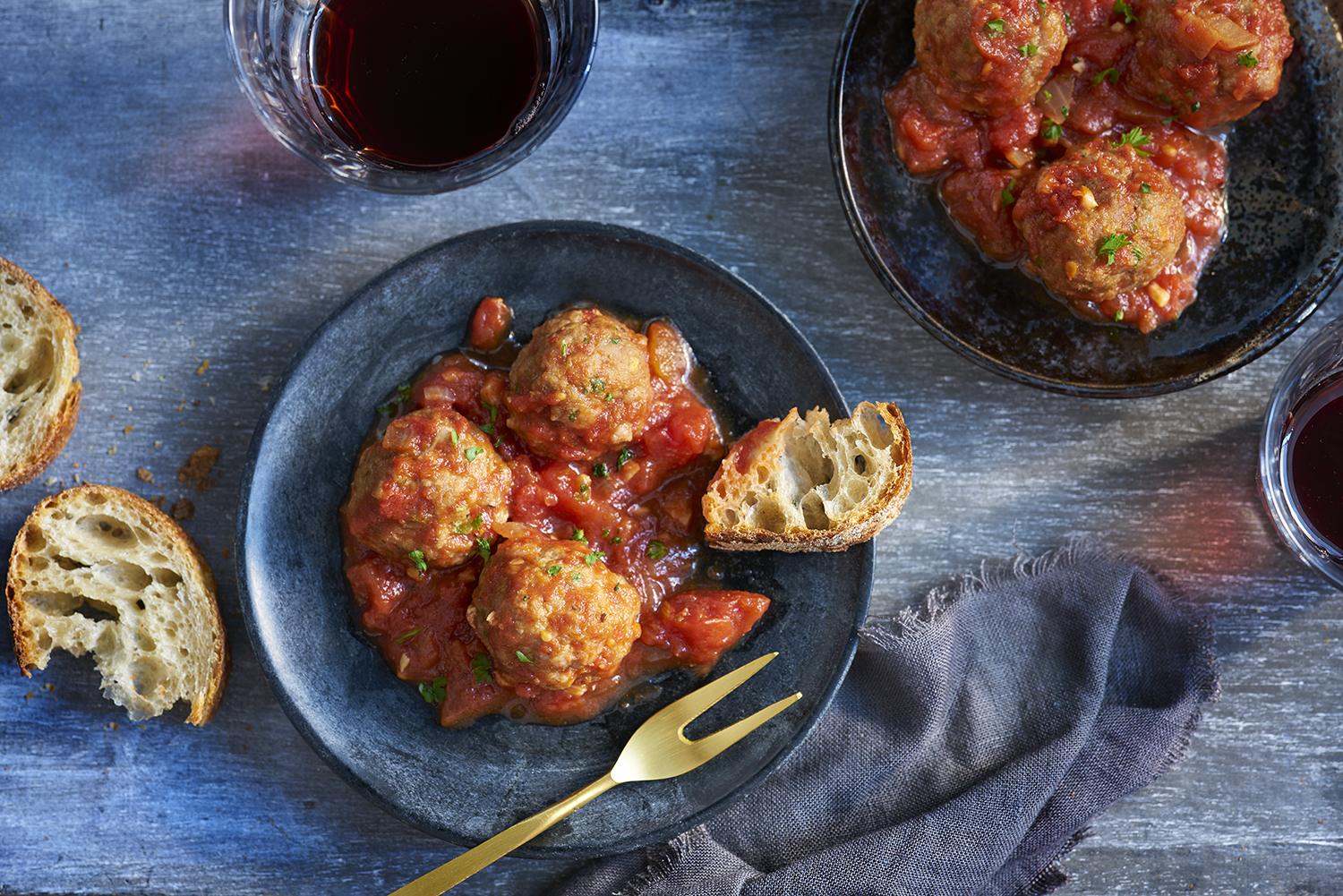

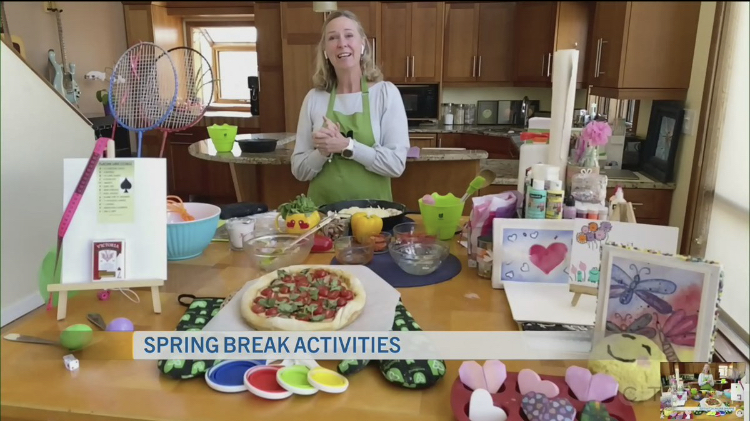


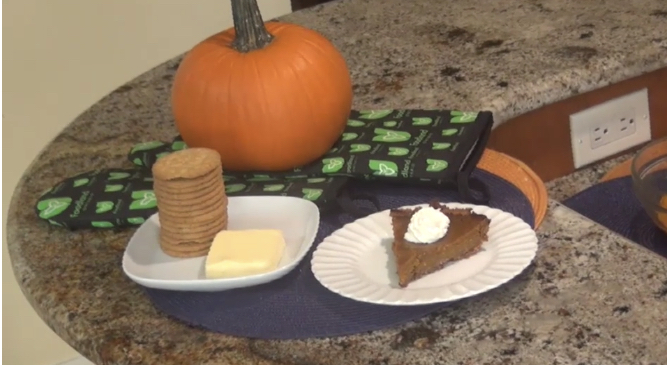


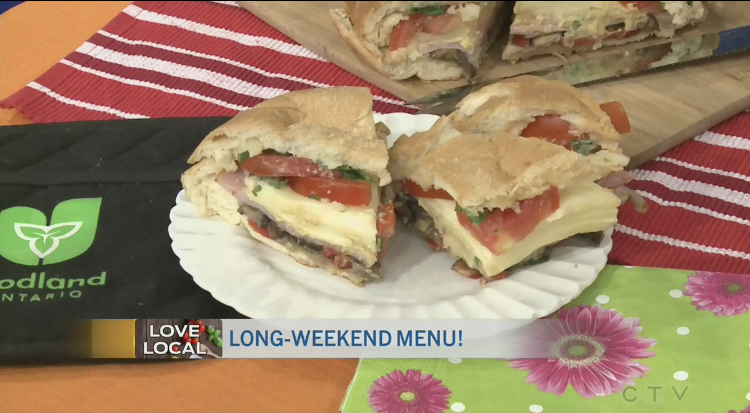
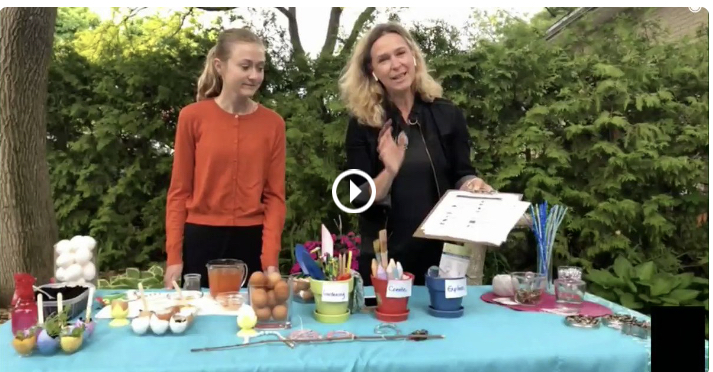
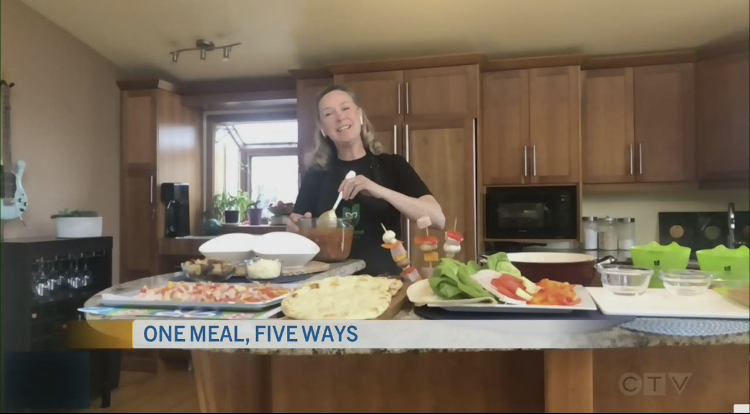

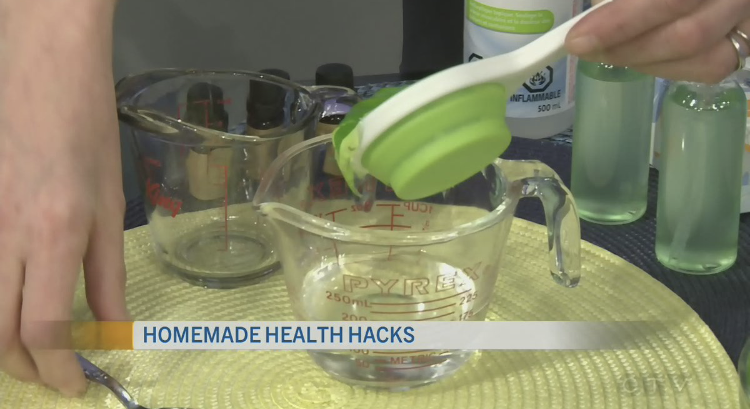


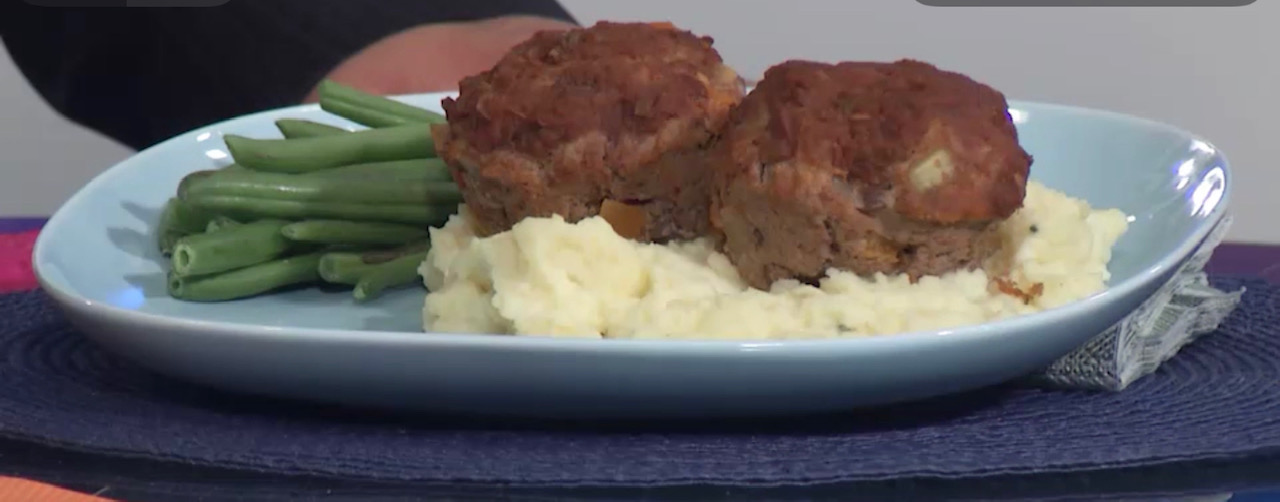
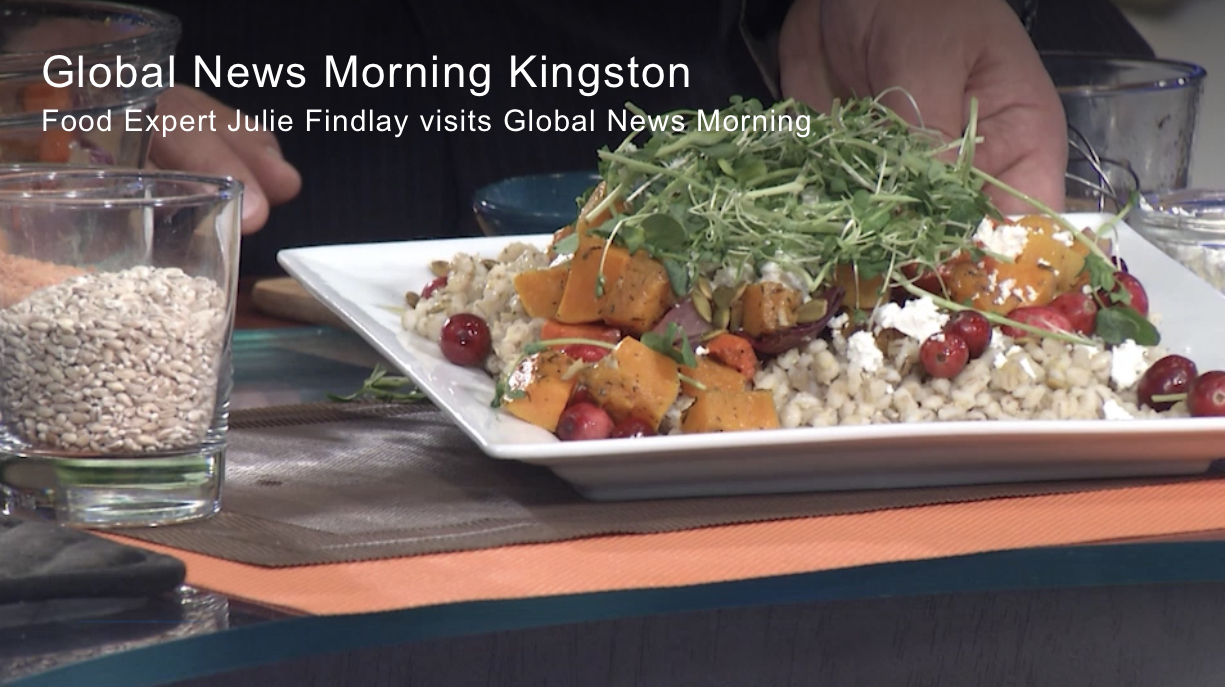

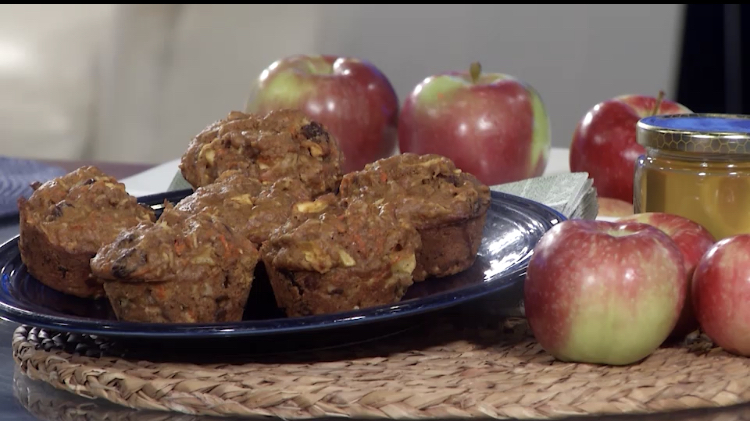


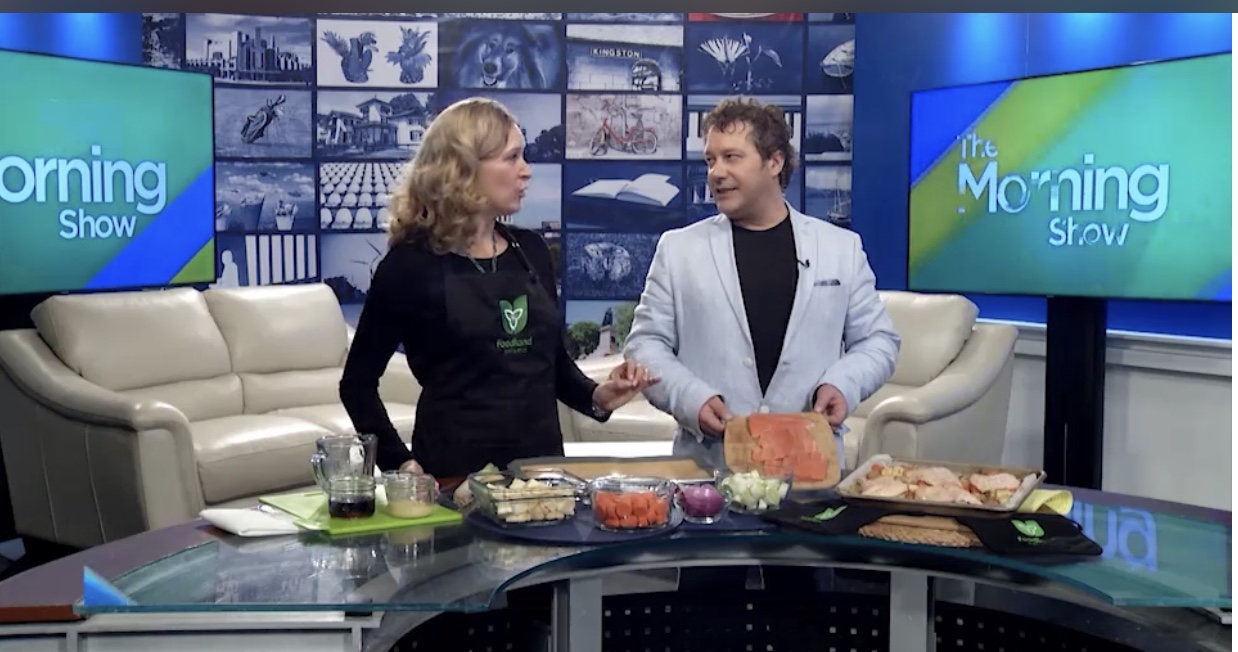
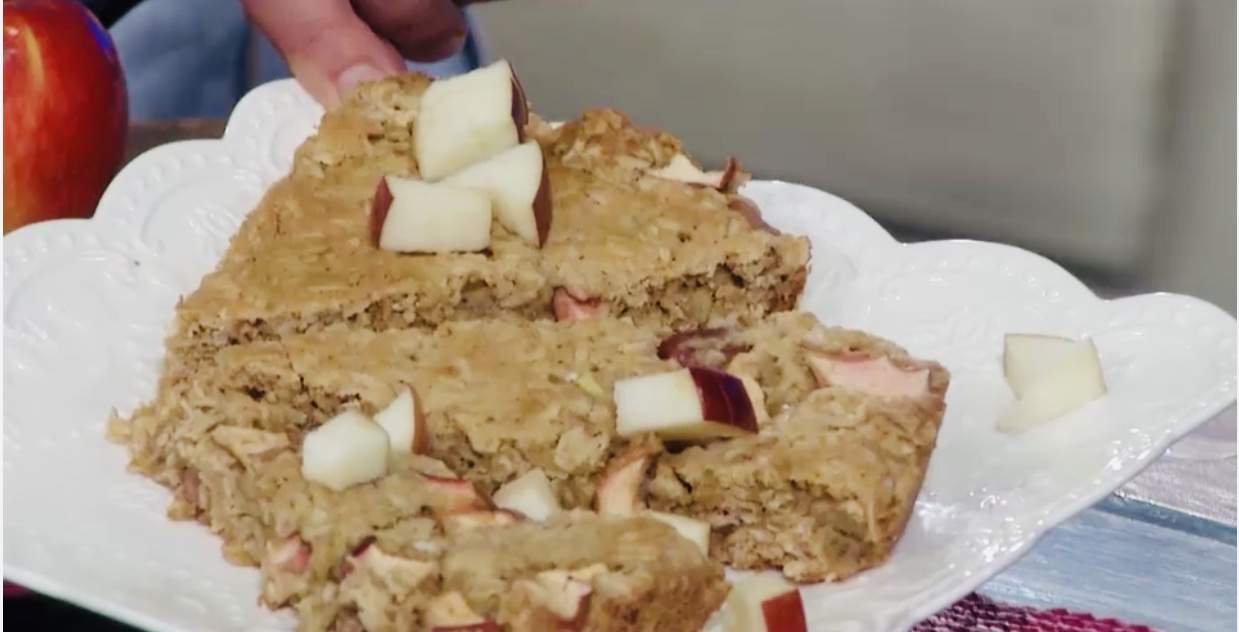
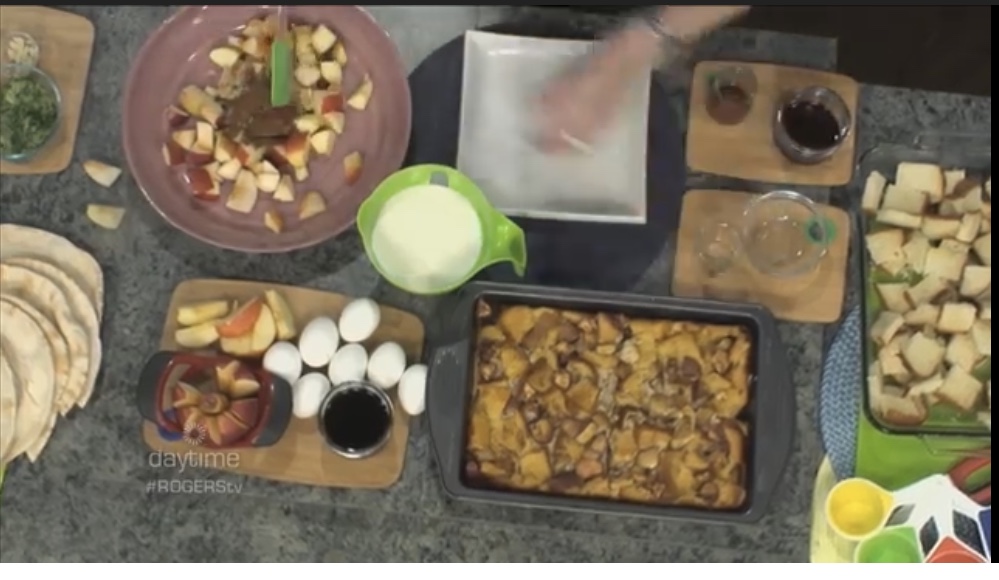



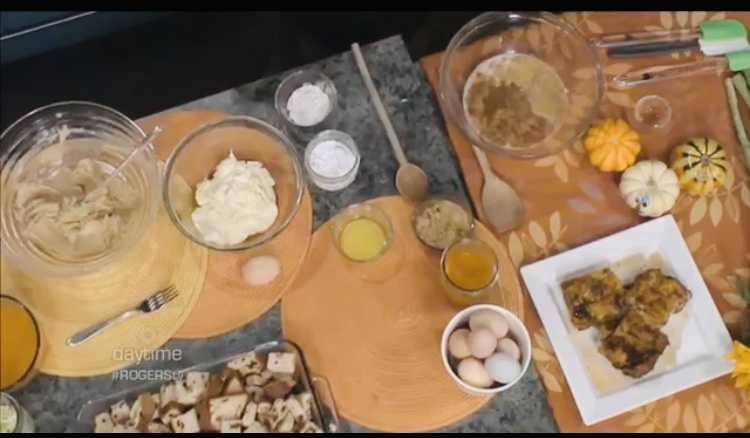
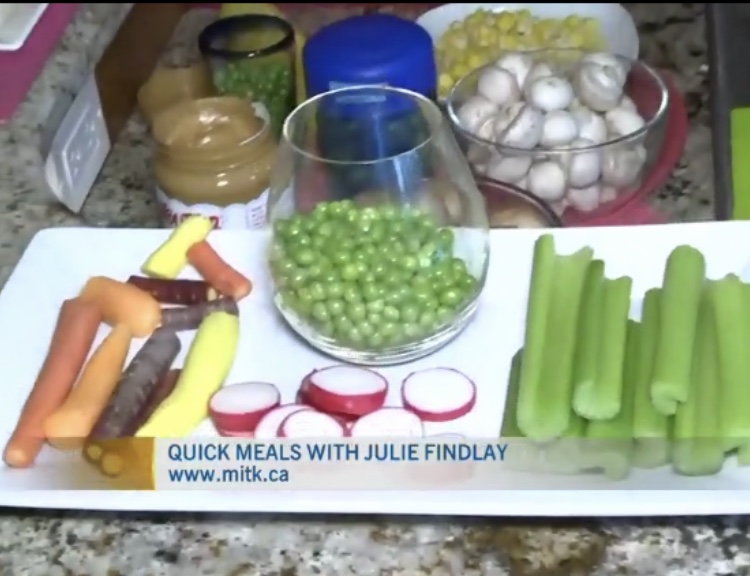
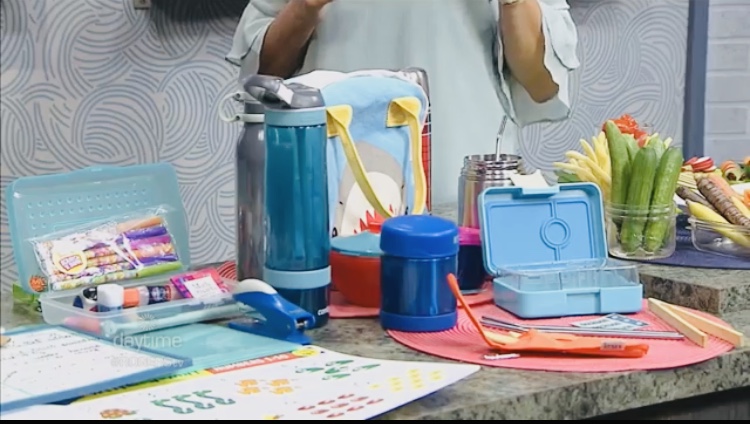
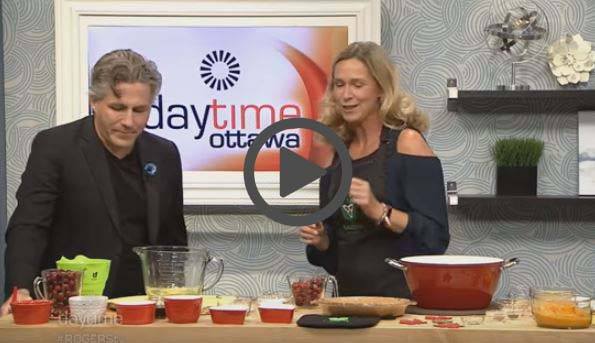
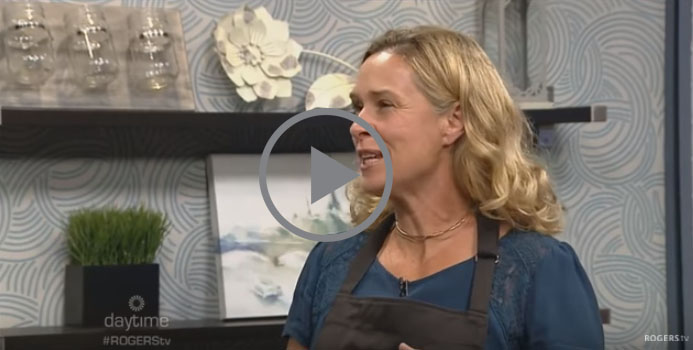
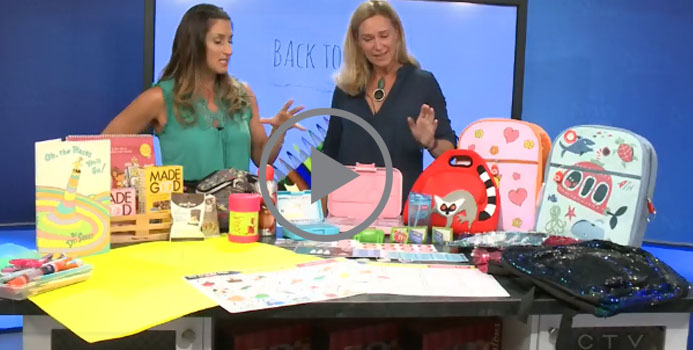

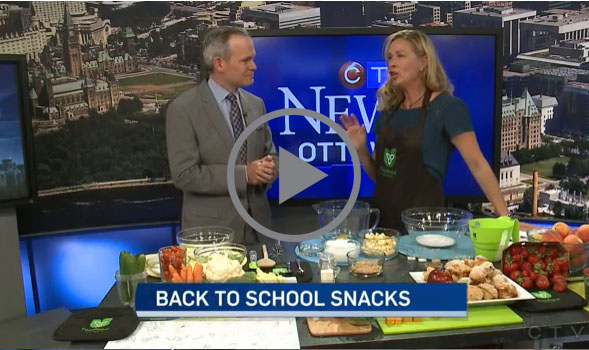

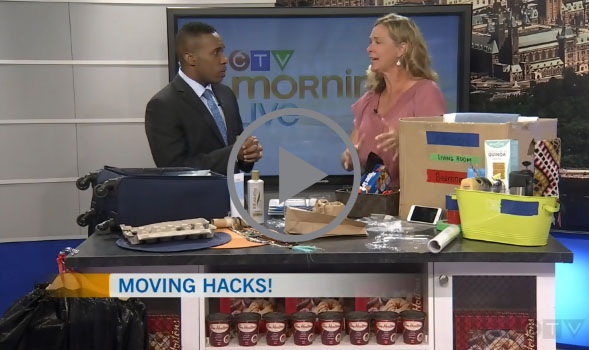


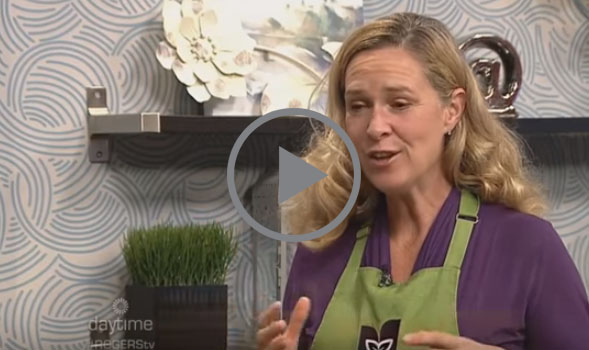
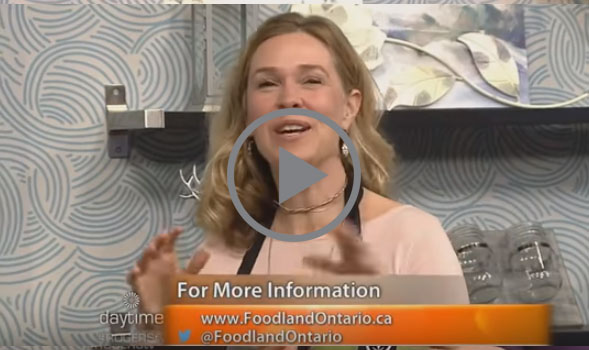




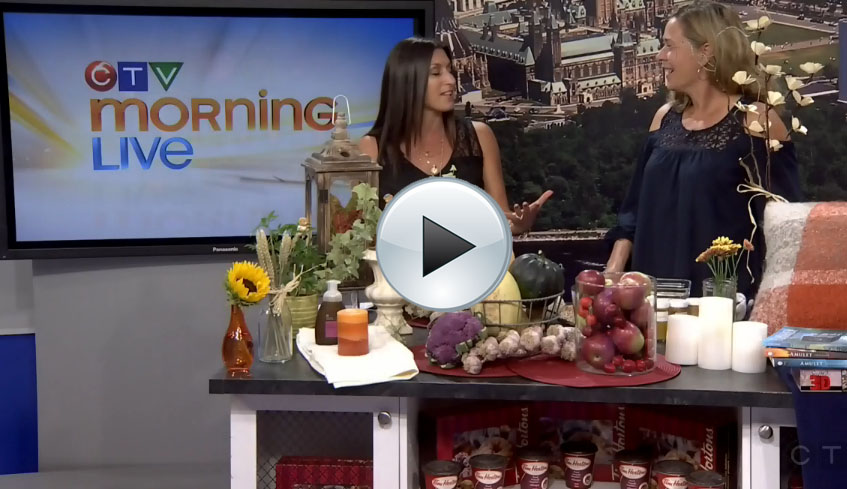

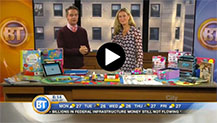










Reader Comments